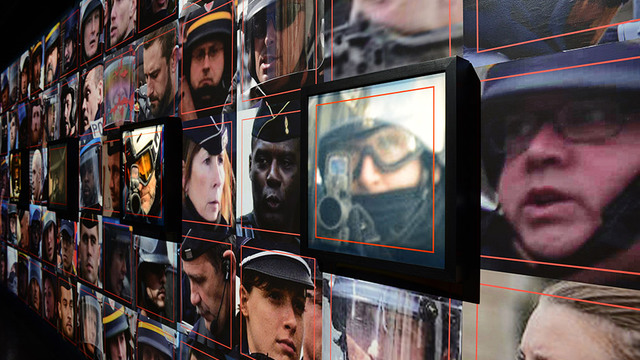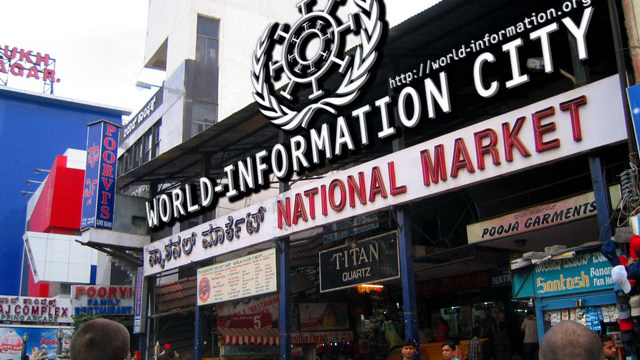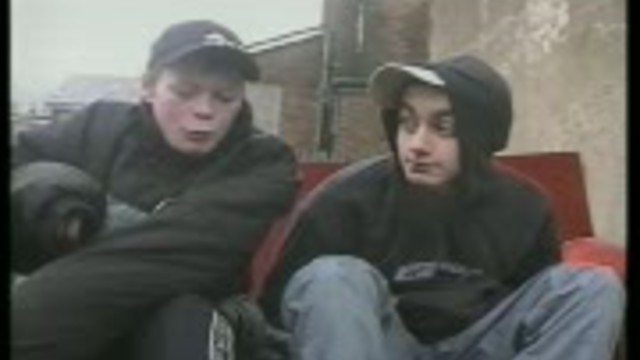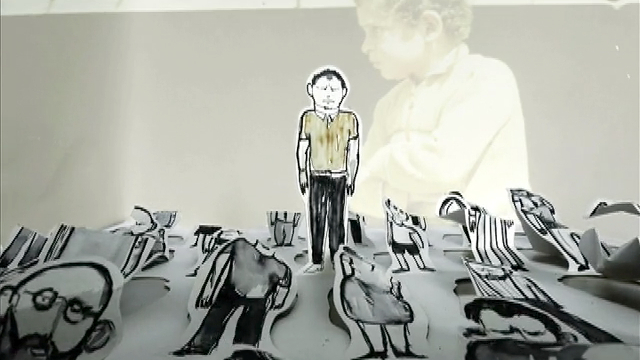Electronic Civil Disobedience, Simulation, and the Public Sphere
What counts in the long run is the "use" one makes of a theory....We
must start from existing practices in order to retrace the fundamental
flaws.
--Felix Guattari, "Why Marx and Freud No Longer Disturb Anyone"
In 1994, when Critical Art Ensemble first introduced the idea and a
possible model of electronic civil disobedience (ECD) as another option
for digital resistance, the collective had no way of knowing what
elements would be the most practical, nor did it know what elements
would require additional explanation. After nearly five years of field
testing of ECD by various groups and individuals, its information gaps
have become a little more obvious and can finally be addressed.






